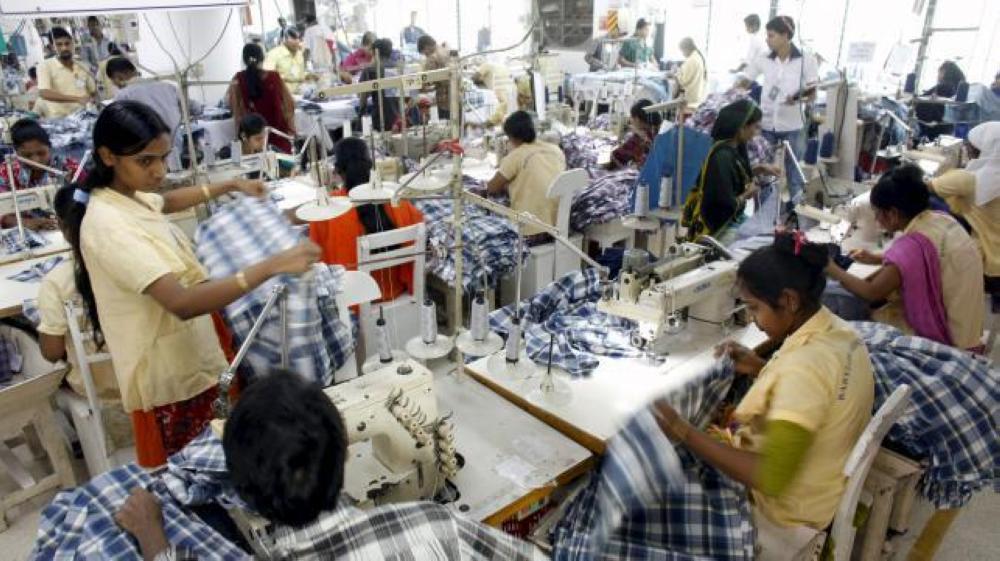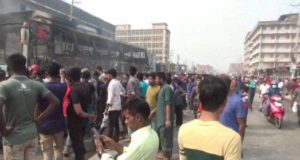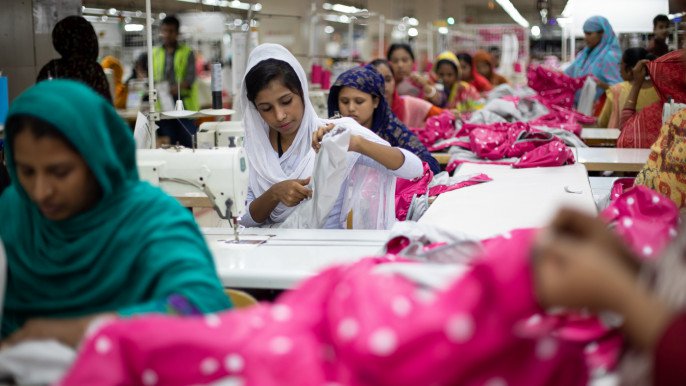Published in United News of Bangladesh on April 14, 2018

Bangladesh garment manufacturers have called for a “commensurate adjustment” in pricing and sourcing garments from developing countries like Bangladesh.
They said it (justified price) is increasingly crucial and needs to be looked at forthright by the global brands and retailers.
The garment manufacturers made the call at a conference on ‘Five years after Rana Plaza: Towards a responsible garment supply chain,’ organized at The Hague by the TMC Asser Institute, a leading think-tank in the Netherlands on Friday.
The daylong seminar brought together leading figures and representatives from Accord, International Apparel Foundation, Dutch government, academics and researchers, civil society, said the Bangladesh Embassy in The Hague on Saturday.
Bangladesh Ambassador to the Netherlands Sheikh Mohammed Belal, Bangladesh High Commissioner to Sri Lank M Riaz Hamidullah, and BGMEA President M Siddiqur Rahman and Vice-President (Finance) Mohammed Nasir also spoke at the programme.
Ambassador Belal recounted the significant turnaround in Bangladesh following the tragic incident of loss of lives of hundreds of innocent workers and the way government, businesses and civil society worked shoulder to shoulder in transforming manufacturing landscape in Bangladesh upholding safety, dignity and wellbeing at work places.
He emphasized that discussions on sustaining supply chain must not missed out the human stories and the aspirations of individual workers.
Ambassador Riaz Hamidullah reflected on the evolution of the Bangladesh Sustainability Compact on apparel and textile industry.
With considerable progress attained in respect of harmonious industrial relations as also factory building safety and remediation, the brands and retailers need to engage the governments and businesses and industries in the producing countries like Bangladesh in complete trust and fairness.
He said under the existing circumstances, any discussion on wage increase has to be matched by commensurate real increase in pricing for the actual producers within the global apparel supply chain.
The BGMEA leadership shared a number of key aspects to illustrate the way the RMG manufacturers in Bangladesh stepped forward in transforming garment manufacturing by adopting new values, approached and technologies, pledging on labor rights and occupational safety.
BGMEA President highlighted that while more than 300 Bangladeshi RMG factories are to get LEED certification, most of them do not receive expected response from brands and retailers in spite of significant investment and innovation made.
Among others, Accord Deputy Director lauded the way Bangladesh as a whole has made remarkable turnaround by ensuring transparency, accountability and responsibility across the industry at very many levels.
Across the three sessions of the conference, it was an overwhelming consensual view on the need for European governments to engage with their respective brands and retailers as was trade unions to urgently look at increasing pricing as part of making apparel supply chain responsible and sustainable.
 CPD RMG Study Stitching a better future for Bangladesh
CPD RMG Study Stitching a better future for Bangladesh



